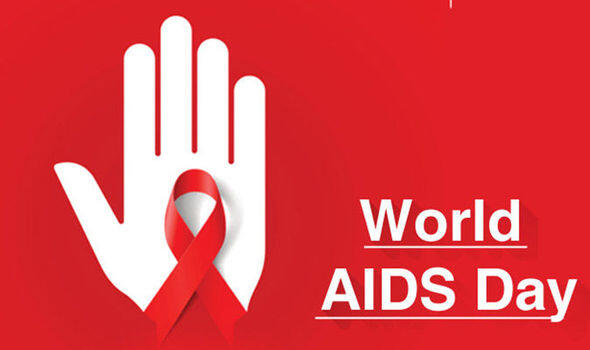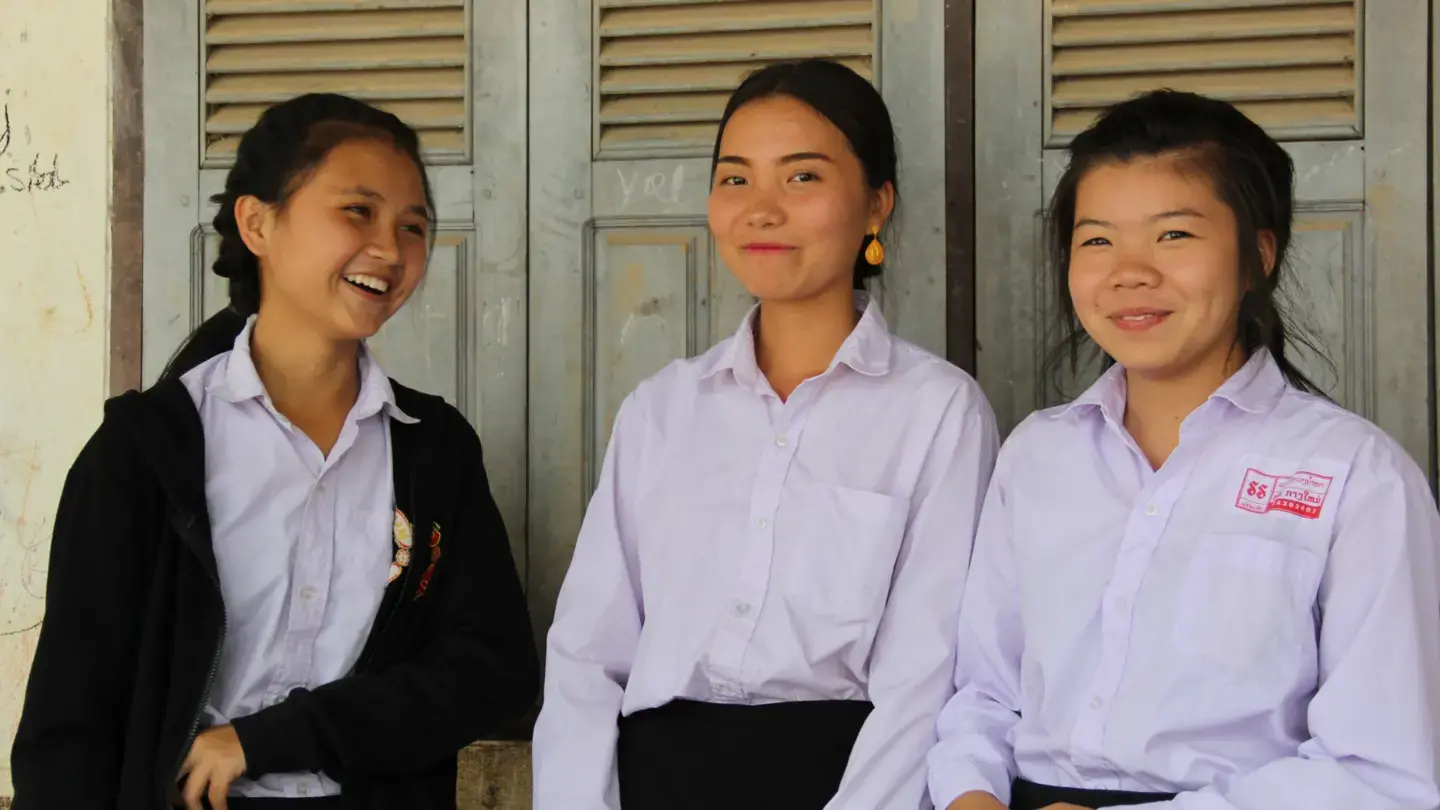Unlocking the Lockdown:
Sustainable, People-Centered Approaches to the Response to the COVID-19 Pandemic
Leveraging the Lessons Learned from HIV in Asia and the Pacific
2 December 2020
Statement by Bjorn Andersson, UNFPA Asia-Pacific Regional Director, World AIDS Day Event, Foreign Correspondents Club of Thailand, Bangkok
Excellencies,
Distinguished Guests,
Colleagues and Friends,
It is a pleasure for me to be a part of this distinguished panel on behalf of UNFPA, the United Nations Population Fund.
As we come together to commemorate World AIDS Day, during the ongoing COVID-19 pandemic, this conversation could not be more important.
At the outset of the COVID-19 pandemic, earlier this year I like many of you, could not help but realize some of the similarities I observed 25-30 years ago.
Just like then, an unknown virus seemed to have appeared out of thin air, resulting in widespread illness as well as deaths. And just like then, people became afraid – and once fear set in, people began to discriminate against those believed to be infected with the virus.
Many of us also saw that although individuals were the first to suffer from the impacts of HIV, the effects soon spread to households and communities. This included stress being placed on health systems around the world, social structures, and the economy.
And now with COVID-19, we are observing many of the same worrisome trends. In some countries in the Asia-Pacific region, people suspected of having COVID-19 are experiencing social stigma – which in turn, decreases the number of people that willingly get tested for COVID, when tests are available.
HIV in Asia-Pacific
Colleagues and friends,
We are facing multiple crises – that are intersecting – and that require multi-sectoral responses - to meet the needs of people living with HIV and key populations.
Prior to the COVID-19 pandemic, our responses to HIV were unfinished in Asia and the Pacific region.
Last year, in 2019, with 300,000 new infections, the Asia-Pacific region represented the second highest increase in HIV infections globally, just behind Sub-Saharan Africa.
And without a doubt, the COVID-19 pandemic has made our efforts to respond to HIV and AIDS more challenging.
Impact of COVID-19 on persons with HIV
Not only has COVID-19 resulted in severe health, economic and social impacts - the pandemic has also heightened inequalities within society, and increased exclusion of certain groups.
And marginalized communities have experienced these impacts more severely such as people living with HIV, and key populations at risk – including gay, bisexual and other men who have sex with men, people who inject drugs, sex workers, transgender persons, as well as people in prisons and other closed settings
For example, in many countries, for people living with HIV, maintaining access to antiretroviral therapy has been difficult, with lockdowns and disruption to HIV and broader sexual and reproductive health services.
Access has been reduced to condoms and other modern contraceptive methods, as well as to antenatal care, safe delivery, postnatal care and services for HIV and other sexually transmitted infections. Apart from coronavirus risk, there has been increased risk of unprotected sex and potential for further sexual transmission of HIV, as well as further vertical transmission.
Even before the pandemic, young key populations were extremely vulnerable, lacking acceptance, information, and support services. And again, this vulnerability for young key populations has been heightened this year.
The extent and nature of the challenges we face require us to work innovatively to ensure that we meet the needs of people living with HIV and key populations.
What has UNFPA Done
Beginning in March of this year, UNFPA adapted its programming on sexual and reproductive health and rights, including HIV, to support countries in their responses to COVID-19.
First, we supported governments with revisions of their national sexual and reproductive health and antenatal guidelines, to ensure the continuity of essential sexual and reproductive services during the COVID-19 lockdowns.
Second, we reprogrammed some our HIV funds to provide commodities, virtual outreach, home-delivered ART (antiretroviral therapy) and other services, and some support for livelihood assistance in some countries.
Third, we placed a particular focus on reaching key populations – many of which have been left behind during the COVID-19 pandemic.
This included working with governments and civil society partners to retain youth-friendly adolescent sexual and reproductive health services and have extended outreach and virtual programmes to provide information to at-risk adolescents.
What do we need to do?
Our experience with HIV has shown us that ensuring and protecting human rights is essential for reducing transmission and supporting people living with and affected by HIV. And the same is true for the COVID-19 pandemic.
While we are required to adapt our approach or modality of providing sexual and reproductive health services during the COVID-19 pandemic to meet the needs of people living with HIV and key populations, we MUST continue to firmly ground all our responses and efforts in human rights and gender equality.
The pandemic has placed more urgency to address HIV and AIDS, in a comprehensive manner:
First, we must continue to address the immediate causes
This requires reinvigorated efforts to enable people to protect themselves from HIV, including through increasing access to methods of safer sex, STI testing and treatment and counselling, and for persons living with HIV to receive quality, affordable and accessible treatment.
In the context of COVID-19, this requires the continuity of HIV and sexual and reproductive health services – which is lifesaving.
Second, we must address the underlying causes.
While there has been significant progress in addressing HIV and AIDS and Asia-Pacific, we are observing a troubling resurgence in infections, the majority in key populations. We need a recommitment by political leaders to HIV prevention – through comprehensive HIV and sexual and reproductive health services as well as comprehensive sexuality education.
Third, we must address the immediate needs of people with living with HIV and key populations in the context of COVID-19.
We must ensure continuity of services that were being provided pre-COVID, but we must also ensure that in the context of COVID-19, people living with HIV and key populations are included in national social protection responses, livelihood assistance schemes, and all other forms of socioeconomic support being provided during the pandemic.
Lastly, we need reinvigorated approaches for addressing the long-term effects of HIV on individuals and communities.
Perhaps of the utmost importance, no longer can we only have sectoral policies on HIV and AIDS. We need these policies fully integrated within national health, finance, and sustainable development policies.
In the context of COVID-19, this means we must work collectively to ensure that ensure that persons living with HIV and key populations are fully reflected in national socio-economic recovery frameworks – so that they are not left behind as countries plan to build back.
Conclusion
Ladies and gentlemen,
People living with and at risk of HIV have been amongst the most left behind during this pandemic. Their rights to health, access to information, protection and safety have not been met. We all need to ensure equality and respect for human rights for all.
If we are going to build back better from the COVID-19 pandemic, we must ensure that everyone is better off than they were before – including people living with HIV and key populations.
UNFPA stands ready to support work with civil society organizations and other UN agencies to support governments to meet the health and protection needs of people living with and at risk of HIV.
Thank you.





